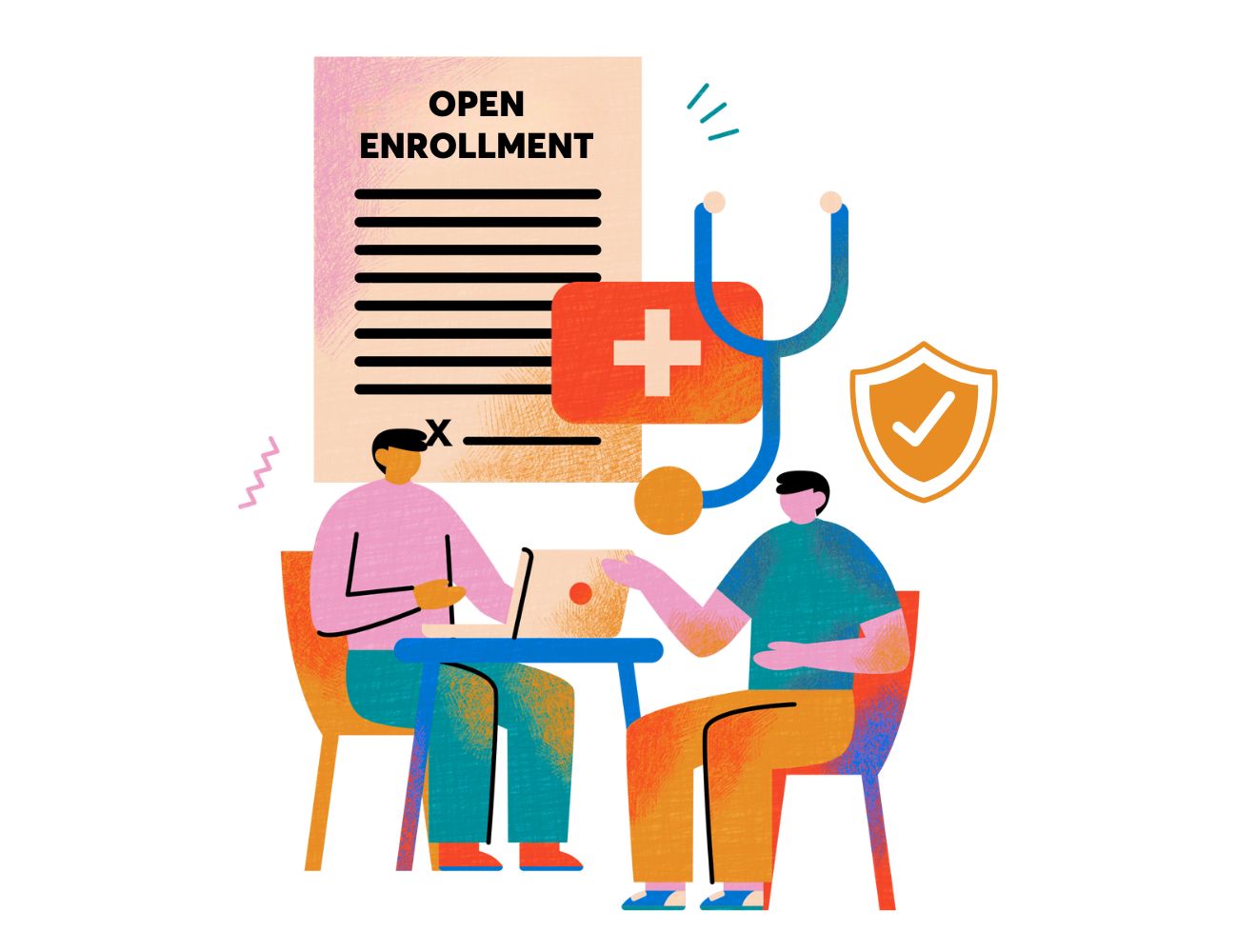As communities across the world make plans to reopen businesses, many are turning to antibody tests in order to determine who is less likely to spread the disease or fall ill. However, most US companies will not be implementing the tests. Instead, American businesses plan to focus on the use of face masks, temperature checks, diagnostic tests, and social distancing.
Mercer, a company that advises businesses on healthcare benefits, recently surveyed over 700 companies in the US across a range of industries on their return-to-work strategies. Despite being heavily considered, only 8% of employers said they would be implementing antibody testing. This may be due to skepticism over the tests’ effectiveness, as the American Medical Association cautioned their use to determine an individual’s immunity. Additionally, many antibody tests released have had their accuracy questioned because they did not undergo regulatory review. Collective Health, a healthcare technology company that has built back-to-work strategies for large companies, does not advise use of antibody tests because of the proliferation of inaccurate tests. Instead, they suggest sticking to diagnostic testing.
The costs and availability of these tests may also be impeding their use, with liability concerns over administration and interpretation making them even more unappealing. Overall, the impression is that they may end up being more trouble than they’re worth.
By contrast, governments seem more interested, perhaps due to being less encumbered by pricing, stock, or liability issues than the private sector. The British government in particular hopes to use a new test from Roche Holding AG that promises to be more accurate, in order to one day issue certificates of immunity. Additionally, companies in COVID-19 hotspots, such as New York City, are also more interested in using antibody testing.
Now, the US Food and Drug Administration (FDA) has issued a deadline to antibody test producers in order to get rid of inaccurate products; and if they don’t work, they must be removed from the market. This may improve companies’ willingness to use them—but it may be too late to change minds.
Uncharted Territory Complicates Strategies
In these unusual times, everyone is trying to figure out a return-to-work strategy. Of course, there aren’t many precedents to base these decisions off of, making it tricky to achieve safety and effectiveness without being over- or under-cautious, spending too much, or being invasive of employees’ privacy. For employers, it can be most helpful to benchmark strategies against other companies’ plans, especially those in the same region or industry.
Currently, large companies like Amazon and several automotive manufacturers (General Motors, Ford, and Fiat Chrysler) all plan to avoid using antibody testing, and smaller companies seem to be following suit. If the FDA’s new deadlines succeed in removing inaccurate tests from the market, this could change, and more companies may implement antibody testing. Furthermore, if companies located in hot spots see success through the use of immunity testing, this may also encourage more employers to make use of them. Unfortunately, many employers have already begun the process of reopening and may not be willing to make changes, especially if their back-to-work plan goes smoothly.
Employees may also want to consider their employees’ own feelings about the tests. If, in general, people do not believe they are effective, it may be a challenge to convince workers otherwise.












